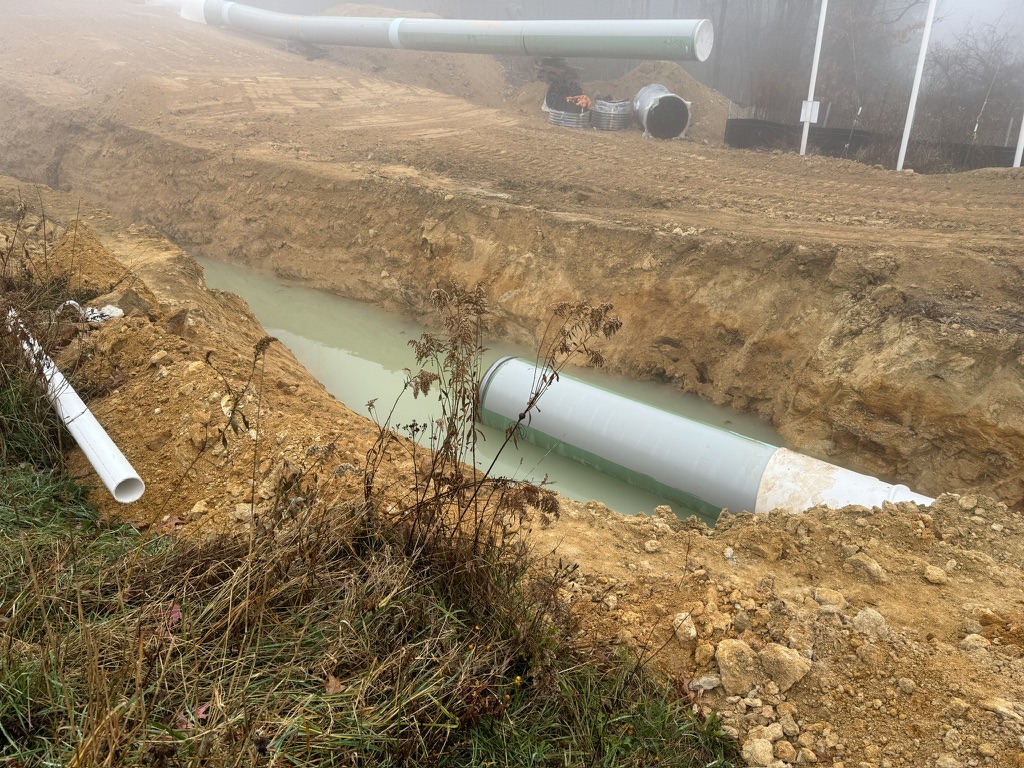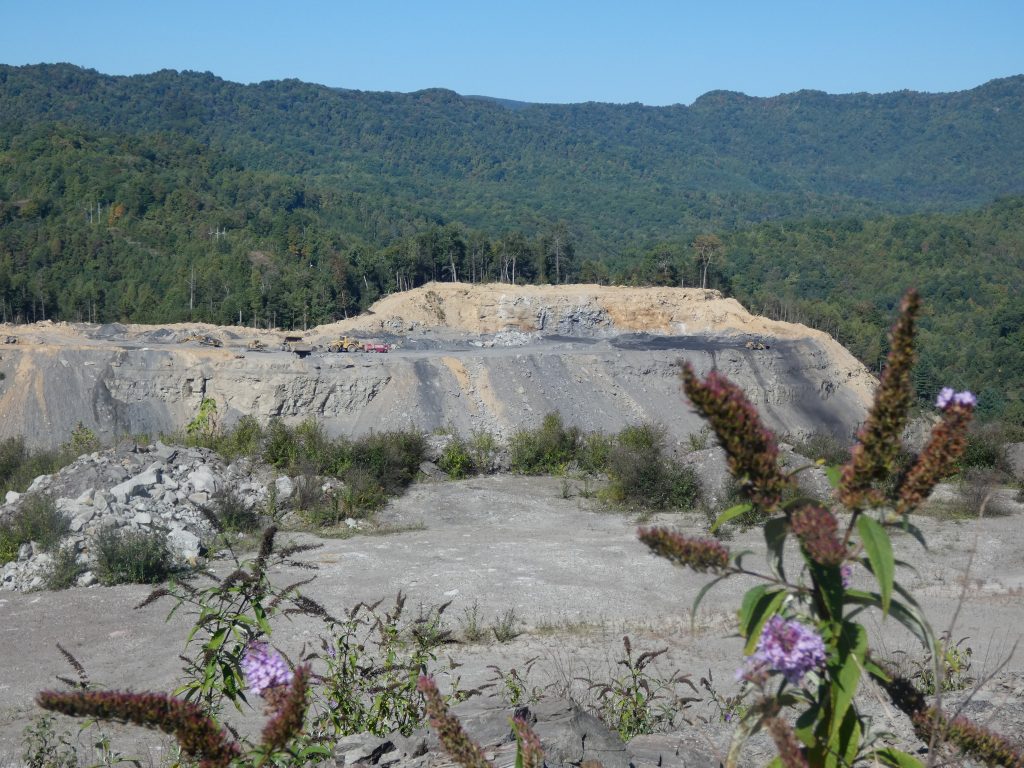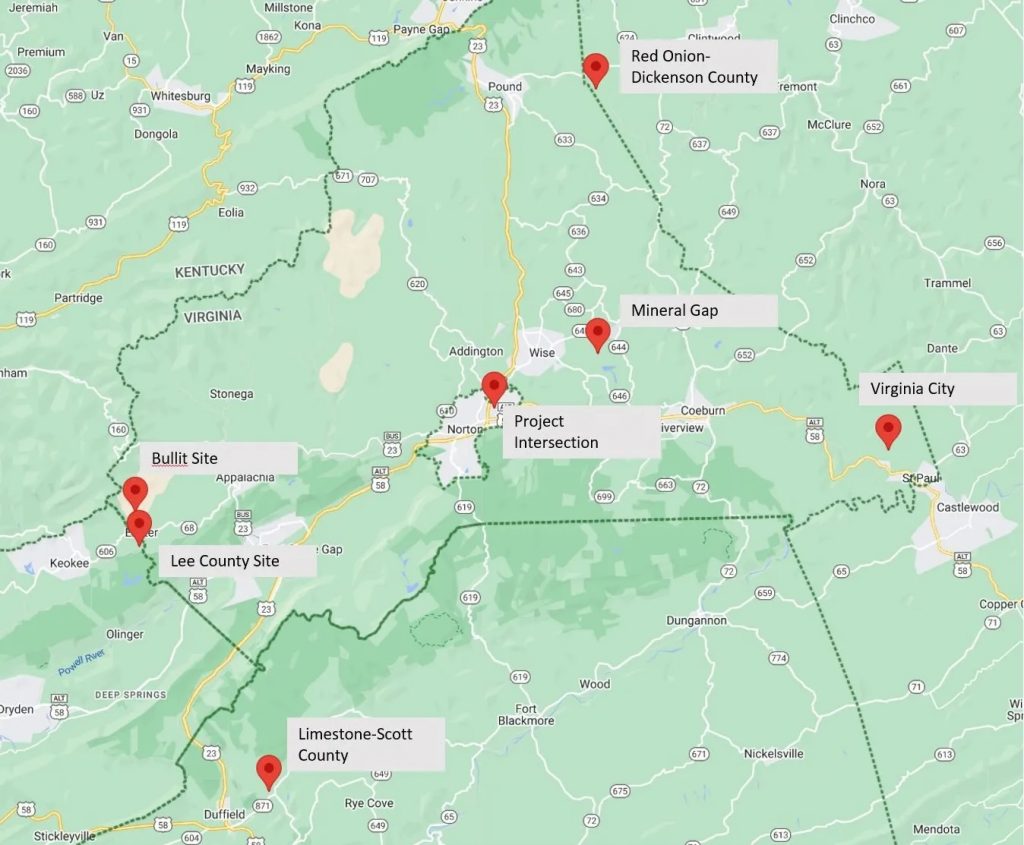Front Porch Blog
Updates from Appalachia

Reliance on fossil fuels was last year’s Grinch that stole Christmas — and the real cause of Winter Storm Elliot blackouts
On Dec. 24, 2022, as Winter Storm Elliot bore down on North Carolina and Tennessee, problems at fossil-fuel power plants and high electricity demand led Duke Energy and the Tennessee Valley Authority to shut off power for millions with rolling blackouts. But it didn’t have to be this way.
Communities continue to seek safety measures for Mountain Valley Pipeline
Along the route of the Mountain Valley Pipeline, citizen monitors have watched a frenzy of workers hurriedly lower sun-bleached and degraded pipe into trenches, burying as much material as possible. Although safety concerns led the agency tasked with pipe safety, the Pipeline and Hazardous Materials Safety Administration, to issue a consent agreement, the agreement has not brought peace of mind.
No time to waste averting another coal mine cleanup crisis
Regulators are ignoring a growing crisis unfolding in modern mine reclamation. Coal companies are often failing to complete timely reclamation, and safeguards to ensure mine cleanup are failing. Communities are already seeing a new, more devastating wave of abandoned mines — a problem that will get worse without action.
ReImagining Your Community with the help of EPA’s Environmental and Justice Community Change Grants
The EPA’s Community Change Grants could be an opportunity to engage key community stakeholders in strategies to reduce greenhouse gas emissions, to promote climate resilience, and to simultaneously create good jobs for local residents. Check out the ReImagine Your Community resource page for resources to help guide community visioning and project development.
Proposals to put new nuclear reactors near coal mine sites ignore geological hazards
In October 2022, Gov. Glenn Youngkin announced a goal of building a new nuclear reactor in Southwest Virginia within the next 10 years, setting off a flurry of excitement among local economic development officials and outrage among local residents who are concerned about the health and safety risks of nuclear power.






